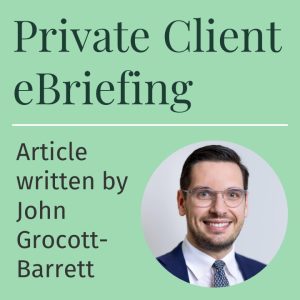WHAT ARE COOKIES AND HOW DO WE USE THEM?
A cookie is a small text file which is stored on your computer, tablet or phone when you visit a website. These cookies allow us to distinguish you from other users of our website. This helps us to provide you with a good experience when you browse our website and also allows us to improve our website.
This website uses cookies.
Learn more about who we are, how you can contact us and how we process personal data in our Privacy Policy.
The law states that we can store cookies on your device if they are strictly necessary for the operation of this site. For all other types of cookies we need your permission.
This site uses different types of cookies. Some cookies are placed by third party services that appear on our pages.
You can at any time change or withdraw your consent from the Cookie Declaration on our website.





